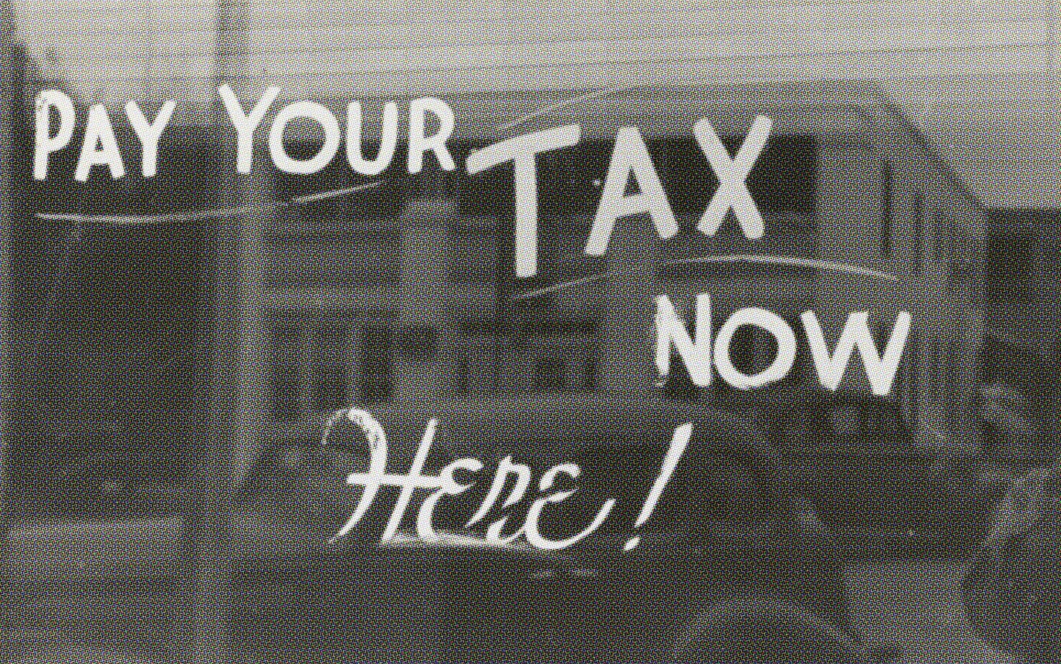4 min read
Tax serves a purpose, but no-one wants to pay more than they need to. And with tax season approaching, you’re probably wondering how to save some extra bucks/greenbacks/dough/jingle. Turns out your car could be one way to score some extra tax credit.
If you use your car for work then you can write off some related expenses. It means you can lower your taxable income and…drum roll…your tax bill. Nowadays, work and leisure time are increasingly blurred and many Americans use their car for a mixture of both. So it’s well worth understanding how to maximize your accounting to save on tax.
Let’s take a look at the main car tax breaks— and how it works.
mileage driven for business purpose
This is the number one way to clock up a deduction on your tax bill. It’s the simplest method too. The standard mileage rate changes year-to-year, but for the first half of 2022 it is 58.5 cents per mile and in the second half of 2022 it’s 62.5 cents per mile.
You might be thinking that it’s not much, but if you’re driving day-in-day-out then that’s really gonna clock up fast. Someone who drives around 50 miles a day for work could easily be looking at a tax deduction of $500 a month.
The key thing to remember is that you can only deduct mileage used for business purposes. So if you have a vehicle solely used for work purposes: great! Just claim back 100% of your mileage. If your car is used half for work and half for business, then only 50% of your mileage is tax deductible.
Keep a record of your car usage whenever it’s for a business-related trip—this can include driving between clients (if you’re self-employed and work from home), trips to rental properties that you manage, or driving for odd jobs too such as babysitting.
Bonus tip: you can also claim back parking fees, tolls, registration fees and those all-important car washes.

auto-related expenses for business-use of a car
The other way to claim is to add up all your auto-related expenses for the year. This can include gas, insurance, lease payments, and any repairs and maintenance. You can also write off the depreciation deduction.
Once you’ve worked out your total expenses, you need to figure out the business use percentage.
It’s important to note that you can only use one of these methods. If you drive a lot for work, the mileage method is probably best for you. But if you use a car for work regularly (but just don’t clock up so many miles) then claiming the total expenses probably makes more sense.
Everyone uses their car differently though, so take five minutes to do a bit of math and see what works best for you (we promise it’s worth it!)
purchasing an electric vehicle
There’s lots of reasons to feel good about driving an electric car. They’re quiet, cheap to run, great for the planet. And they come with a juicy car tax break of up to $7,500.
It applies to any electric and plug-in hybrid cars purchased new since 2010. If you want to know more details—and find out exactly how much your car could save you, hop on over to the government fuel economy website.
If all this is making you want to cash in your old car to get a new electric vehicle—pay us a visit at Peddle. We’d love to buy your old gas guzzler and help you on your way to a greener (tax deductible) future.
Over 146k five-star reviews




























Frequently Asked
TOP NOTCH CUSTOMER SERVICE
HOW CAN WE HELP?
Smooth operators are standing by with answers so you can sell your car without a hiccup.






